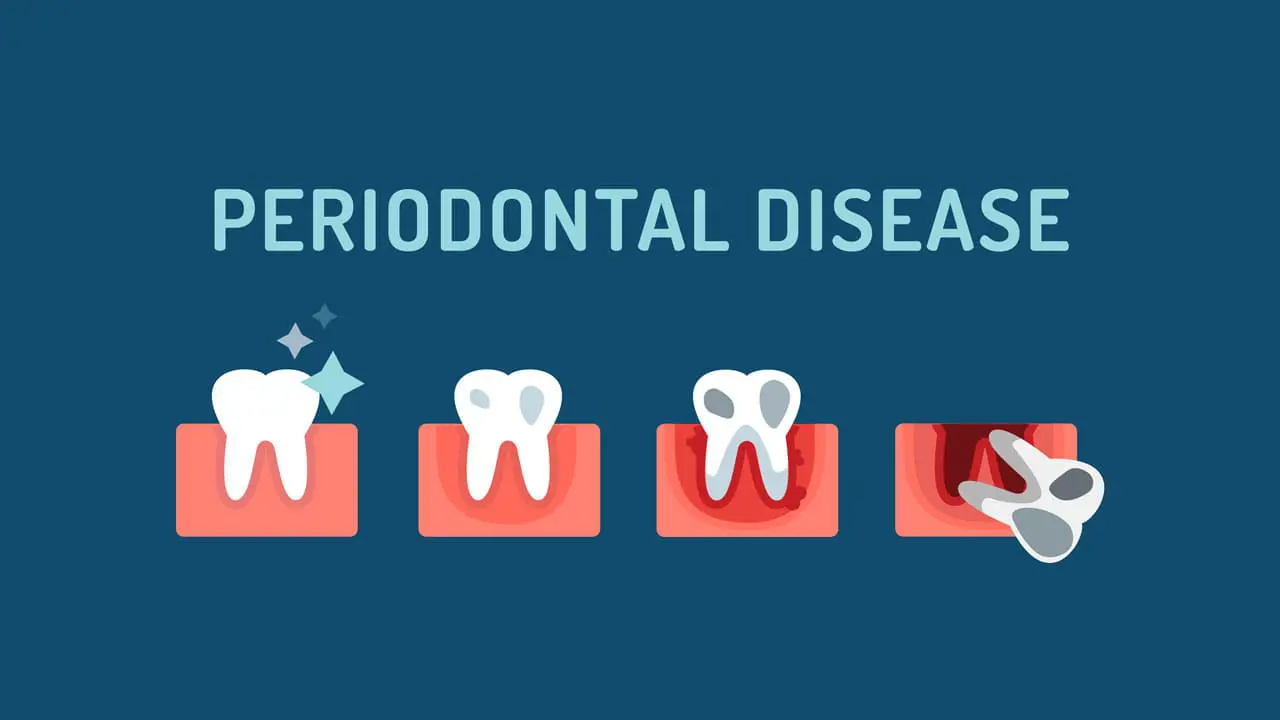
They say the best defense is a good offense, and the expression is especially true when it comes to your oral hygiene. Most dental problems can be avoided entirely with a thorough oral healthcare regimen and routine checkups, and the same is true for gingivitis and gum disease. Gingivitis is a bacterial infection of the gums that causes inflammation and can lead to a condition called periodontitis (also known as gum disease) if left untreated. Both gingivitis and periodontitis can cause a number of health issues, so knowing how to avoid these conditions or what to do if they develop is instrumental in your healthcare routine.
How Do You Get Gingivitis and Gum Disease?
Plaque, a soft white substance that is comprised of bacteria, forms naturally on the teeth and gums. Brushing twice daily generally removes most of it, but sometimes it can build up and harden into a calcified substance known as tartar. Tartar can trap harmful bacteria and food particles along the gum line and ultimately lead to the infection of the gums, known as gingivitis. If left untreated, gingivitis gradually progresses to become periodontitis over time. Gum disease can cause a number of complications, including tooth loss, premature birth, stroke, respiratory illness, and more. For this reason, it is important to treat this condition in its earliest stages!
Risk Factors
There are a few common risk factors for gingivitis which, coupled with poor oral hygiene, can increase your chances of developing this condition (and, later, gum disease). They include:
- Smoking or chewing tobacco
- Diabetes
- Crooked teeth
- Certain medications
- Immunodeficiency
- Pregnancy
- Fillings that have broken or dislodged
What Are The Symptoms Of Gum Disease?
Not everyone will have symptoms of gingivitis or gum disease, which is one reason it’s important to have routine dental checkups. Some of the symptoms that may present themselves include:
- Red, tender or swollen gums
- Gums that have receded from teeth
- Blood or pain when brushing or flossing
- Changes in your bite alignment
- Teeth feeling loose
- Sensitive teeth
- Partial dentures no longer fitting
- Unpleasant breath that lingers after brushing
If you think you may be suffering from gingivitis or gum disease, it’s important to see your dentist straight away so the condition doesn’t worsen. When caught early, gingivitis is highly treatable and correctable before major damage can be done. Thorough cleaning can be enough to nip the problem in the bud, but it will be important to keep up a diligent oral healthcare regimen following your diagnosis and treatment to ensure the problem doesn’t come back. Brushing at least twice a day, flossing, and using a mouthwash are all integral steps to ensuring a healthy and happy mouth.
If you think you may be suffering from gingivitis or if you would like to learn more about this oral health condition, do not hesitate to call us at Valley Dental Care of Plainfield today!